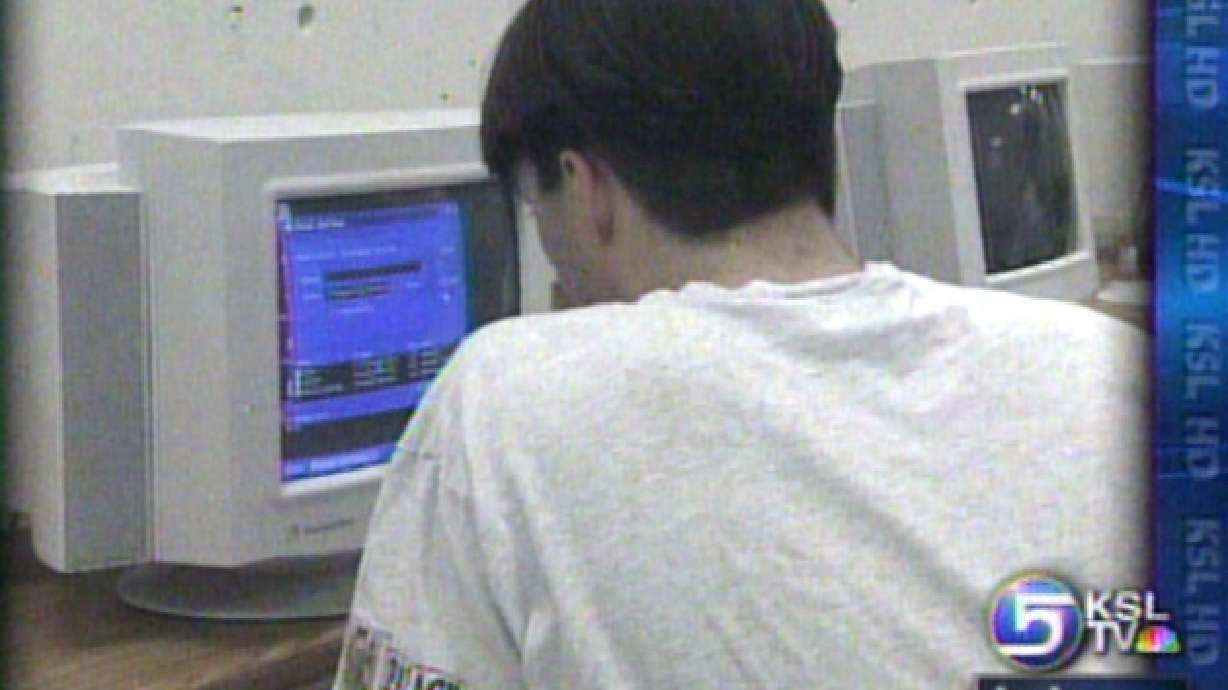Estimated read time: 2-3 minutes
This archived news story is available only for your personal, non-commercial use. Information in the story may be outdated or superseded by additional information. Reading or replaying the story in its archived form does not constitute a republication of the story.
Ed Yeates ReportingThe Department of Homeland Security wants a clearer picture of potential threats from terrorists, so it has awarded $2.4-million to a consortium of universities to find a new way to scan through all kinds of text material.
That text to be scanned could include newspapers or other publications that may contain information considered a potential threat to national security. The University of Utah is one of three universities sharing the research grant.
How do you teach a computer to sort through written text, understanding the nuances of language and sentences enough, so that it can identify the difference between fact and opinion - just a belief - or something that really happened?
That's the challenge for computer scientists at the Universities of Utah, Cornell, and Pittsburgh. Ellen Riloff at the University of Utah says the goal for her group, called Natural Language Processing Research or NLP, is NOT to develop software, but techniques, ways to teach a computer how to sort through the facts of an event, distinguishing patterns in text that could prove useful not only for Homeland Security but educational programs at the U, as well.
The consortium's project is an effort to sort through reams of published material, looking for specific text. It is not trying to build a database on American citizens, but spokespeople for advocacy groups worry that Homeland Security's search for information could prove uncomfortable for those who write about events or voice opinions in publications.
Brian Barnard, Civil Rights Attorney: "Where some big brother will read through those files and maybe see well, Brian Barnard's complaining about the government. We should watch him. That's not the kind of thing our government should be doing."
Homeland Security says part of the battle against terrorism involves gathering as much information as possible. The Utah Chapter of the American Civil Liberties Union believes that's a faulty premise. Dani Eyer says, "You don't find a needle in a haystack by bringing in more hay,"
Homeland Security says that's not the case. Computer Extraction Technology is a way of simply looking at events, sorting out fact from fiction, but at the same time identifying potential perpetrators, victims, weapons, targets, dates and locations which might parallel possible acts of terrorism.
The University of Utah is getting 750-thousand dollars from Homeland Security for its part of the project, which could be renewed after these first three years of research.








